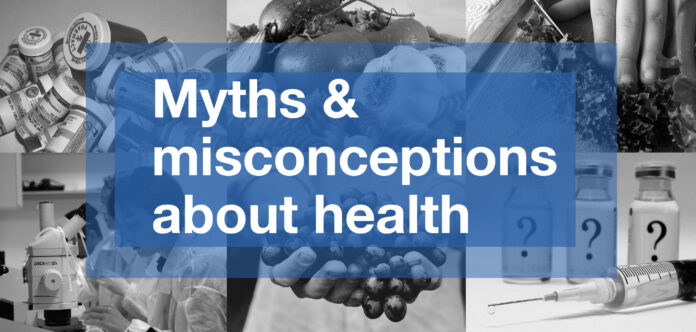(Insert Symptom Here): There’s a pill for that
Headaches, asthma, fever, viral infections, high cholesterol, high blood pressure, depression, anxiety and any other conditions all seem to have a pill to treat them. Pharmaceuticals have become a normative form of treatment in the U.S. There are advertisements for them on television, the internet and in print. A recent phenomenon has emerged where consumer-patients are becoming the target of pharmaceutical industry. Pharma-representatives aren’t just persuading doctors to prescribe their drug to patients, but now they are persuading patients to ask their doctors for the medicine. Perhaps this is because medical discourse has become so prevalent in the U.S., an explanation which seems especially likely considering that the U.S. is a society obsessed with efficiency and longevity. Everyone wants to be in the best shape possible and be up-to-date with the latest medical technology and treatment. People want to look young while also living as long as possible. People equate looking young and living a long time to being healthy, which they equate to taking pharmaceutical drugs.
I want to discuss the misconception, which exists mostly in the U.S., that pharmaceutical drugs are of the utmost importance in medical treatment. The U.S. populace places a lot of confidence in the effectiveness of medical drugs. People think that the science behind pharma is reliable, so they couldn’t imagine an error being made in clinical trials or in FDA approvals. To some extent, science itself is a cultural construction because people designate the criteria needed for something to be deemed scientific. Thus, there are a lot of half-truths and false reporting in the pharmaceutical industry as a means to get more money. In this article, I want to investigate whether or not science is manipulated to produce results that align with corporate interests.
Pharma reps pay, doctors prescribe and patients consume
I find it difficult to believe that pharmaceutical corporations don’t reshape their data and drug efficacy results to look more appealing to their consumers, because pharmaceuticals is a business after all. Personally, I have observed pharmaceutical representatives at work in a clinical setting. The reps are young, fit and charming. They come bearing gifts to the whole office (usually food). Between the doctor’s patient-viewing, the reps pitch them their latest drugs with a clipboard and pen in hand, ready for the doctors to sign an agreement that they will prescribe their drug. Not all doctors listen and sign, but many do because it will bring in the money.
There really isn’t any reason for pharmaceutical businesses to keep patients healthy, or at least too healthy, because that would decrease their profits. Patients need to be sick enough to have to take their drugs, but well enough to continue taking them. Ultimately, pharmaceutical drugs are more about managing symptoms, not about resolving the underlying causes of disease and illness.
Trials
We assume that a drug on the market wouldn’t have been approved if it didn’t produce satisfactory results in the clinical trials. However, we often forget to ask critical questions about what the nature of these clinical trials is. Are the companies hiring their own researchers? And do these researchers already come in with a hypothesis in mind? Perhaps their studies are influenced by the results they want? Might the researchers only create tests that legitimize the drugs the company that employs them makes? Who are the people getting tested anyway? How would that affect their results? And what are the ethical implications? Are these people being exploited?
Why aren’t people asking these questions?
What good is science if it allows populations to become the human subjects of a science experiment designed to profit an industry?
Many people feel that medical drugs are their only hope in getting better. Information about the importance of sunlight, diet, nutrition and exercise is often left out of the conversation. People view their doctors as authorities, so if their doctors tell them to take a drug, they often trust it is their only or best treatment. In addition to this, individuals think that because medicine is produced scientifically it must be correct and reliable, so they likely won’t consider a second option.
Maybe we should rethink what health means to us. Is health only staying alive for as long as possible?
Graphic by Tiffany Choi.




